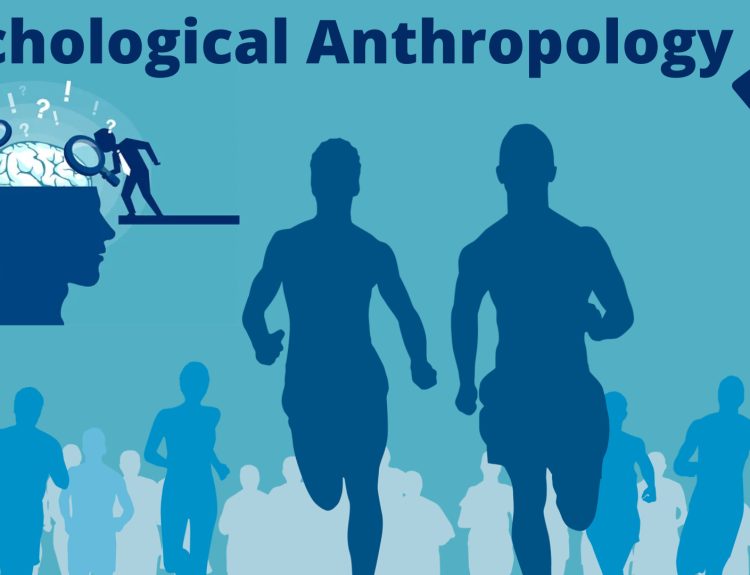Shamanism is not human works but spirit’s works.
What is Shamanism?
Shamanism is a religious practice. It is a form of interaction between practitioners and spirits. A person performs the practice of shamanism termed a Shaman. Shaman is believed to possess magical powers to heal the sick and to communicate with the other world i.e. world of spirits or souls.
According to the Cambridge dictionary: Shamanism is a form of religion that includes a belief in the power of a shaman (= a person who is thought to have special powers to influence spirits).
Origin of shamanism
It is believed that shamanism originated in the herding population called Tungus of Siberia in Northern Asia. With time, shamanism is deeply rooted in various other cultures in their own different or particular ways.
Even today various cultures are found where the art of shamanism is still in practice.
Role of Shaman
Shamans distinguish themselves from society because of the belief that they communicate with spirits. In some tribal groups, the shaman also holds the position of leader in his clan. The position of Shaman is hereditary and one can also become a shaman by attaining the knowledge of shamanism.
It is believed that shamans are taught by the spirits. Shamans are chosen by supernatural beings. The chosen one may faint, fall ill, have visions or other symptoms caused by the spirits. Shamans differ in expertise. They play an important role in the welfare of their community as well as individual.

They act as mediators between spirits and their culture. They communicate with the spirits on behalf of the community. They have expert knowledge of medicinal plants found in their community and according to which they perform healing practices.
Concept of Shamanism
Shamanism is the connection of humans to land or spirits. Many people in their culture understand the practice of shamanism. Shamanism helps a person to move through the challenges of life. It allows you to enter a different state of consciousness.
Shamanism involves healing and harming. It depends on one’s faith. It can change your life. It is filled with love. It works through counselling on an emotional and spiritual level. It helps in physical as well as psychological healing.

The concept of shamanism is changed with the times and cultures that adopted it. There are some traits which are common in all forms of shamanism. These are-
- Beliefs in the presence of spirits
- Use of chanting, music, dance and drums
- Cures illness
- Help the members of the community overcome various issues
- Beliefs in magic
- Beliefs in animal relationships
Anthropology and Shamanism
The concept of Shamanism comes under the topic- Anthropology of religion.
Anthropologists tried to explain the concept of shamanism since the early 90s. Anthropologists have documented many ethnographic studies based on shamanism.
The concept of shamanism is revived by historian Mircea Eliade in his work- “Shamanism: Archaic Techniques of Ecstasy”. It is the best introduction to the concept of Shamanism as it describes diverse cultural traditions about shamanism.
Anthropologists like Clifford Geertz, Michael Taussig, Andreas Lommel and others worked on shamanism.
Later shamanism became popular in other disciplines outside anthropology.
Conclusion
Shamanism is psychological, sociological and religious. It is in the process of decline in many traditions but also efforts are made to revive shamanism.
It is a common practice all over the World. More and more people are using this term and debating this concept.
References-
Cross-Culturally Exploring the Concept of Shamanism






